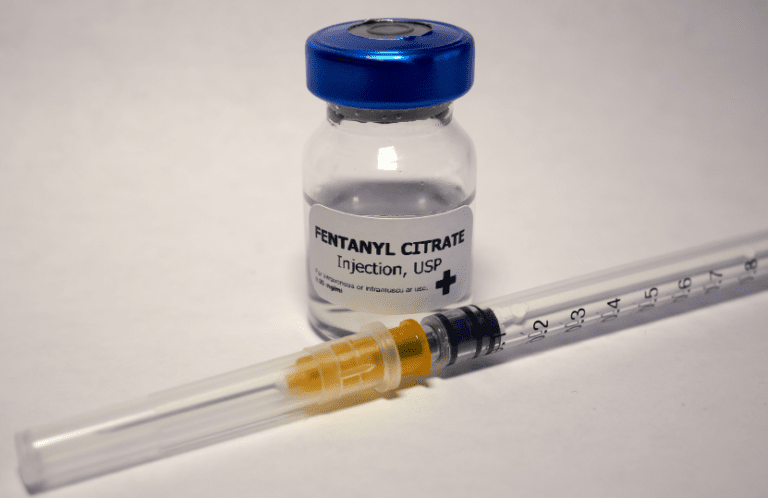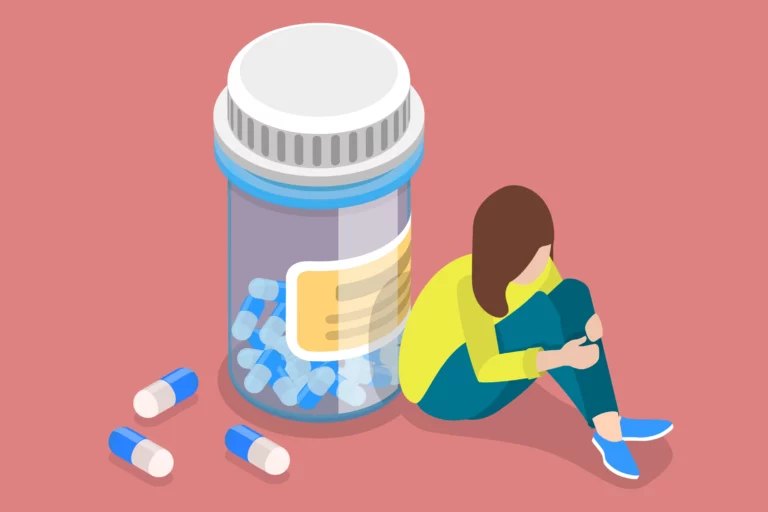Physical Signs of Adderall Addiction
There are many signs to be on the lookout for if you believe someone may have developed an addiction to Adderall or a similar stimulant prescription medication. Adderall is a medication designed to treat those who have attention deficit hyperactivity disorder (ADHD). Individuals who have ADHD tend to struggle with focus and controlling their behavior. Adderall is a stimulant that is a combination of dextroamphetamine and amphetamine. Any medications that contain amphetamines have similarities to methamphetamine (meth) and, in turn, have the potential for abuse and the development of dependence and addiction.
Physical Signs of Adderall Addiction
Signs and symptoms of addiction can present as psychological, emotional, behavioral, and physical. The physical signs of addiction abuse and addiction can include:
- Restlessness
- Headaches
- Problems with circulation in body and lack of circulation to extremities
- Aggression
- Trouble falling asleep or staying asleep
- Dry mouth
- Blurred vision
- Verbal or muscular tics
- Changes in libido or impotence
- Unpleasant or sour taste in mouth
- Shortness of breath
- Difficulty swallowing or breathing
- Hoarse voice
- Irregular heartbeat
- Increased heart rate
- High blood pressure
- Cardiomyopathy (enlarged heart)
- Dizziness
- Nausea
- Abdominal pain
- GI issues
- These may include diarrhea or constipation
- Decreased appetite
- Adderall and other stimulants are an appetite suppressant
- Appetite suppressants like Adderall can put someone at risk for an eating disorder (ED) or appeal to those who already have issues with disordered eating
- Dehydration
- This is a dangerous aspect that pertains to all stimulants
- Those who abuse stimulants tend to note eat or drink enough due to appetite suppression. As a result, they are at risk for malnutrition and other negative physical symptoms that result from poor nutrition, lack of sleep, and lack of self care.
- Malnutrition
- Those with prolonged amphetamine and stimulant addictions are susceptible to malnutrition. This can result in the appearance of premature aging.
- Extreme fatigue
- This is
- Hair loss
- In some instances, those with severe addictions may experience their hair falling out in clumps
- Neurotoxicity: psychosis and schizophrenia-like symptoms of paranoid delusions and hallucinations (a persistent mental illness requiring a lifetime of treatment)
- Slowed speech/speaking in broken sentences
- Skin disorders
- Skin picking is not uncommon for those with amphetamine addictions. This is related to a sensation that there is something crawling underneath the skin which is often referred to as “meth bugs”. In order to make these sensations subside, people will scratch or pick at areas of their skin either consciously or unconsciously which results in pock marks on various areas of their body including their face.
- Seizures
- Brain damage
- Kidney damage
- Sudden cardiac arrest
Adderall Addiction and Changes in Behavior
Individuals who have developed an addiction often change their behaviors. This includes changes in personal hygiene habits, social activity, eating habits, and more.
Rapid weight loss is a common sign that someone has developed an addiction to stimulants. This is because stimulants and amphetamines are appetite suppressants and make it easy for people to skip meals. In fact, people who have a dependence on stimulants may simply forget to eat or drink and this can quickly result in malnutrition.
Personal hygiene is another common culprit when it comes to addiction. Those who have developed an addiction or substance abuse disorder (SUD) tend to ignore many acts of daily living (ADLs).
Drugs like Adderall can give a person the illusion they are doing just fine when in fact they are not. This is a side effect of many stimulants. People do not always realize that Adderall is an amphetamine that is not so different from meth or a stimulant like cocaine. All of these substances have a certain degree of overlap in the behaviors associated with those who have developed an addiction to them.
Adderall is designed for those with ADHD to be able to better focus and concentrate. When abused, Adderall may cause a person to focus and concentrate on arbitrary tasks in a way that is obsessive and compulsive. They may become extremely social in a way that is actually anti-social. An example is that someone may be awake at odd hours and feel inclined to reach out to others who are sleeping since people with healthy habits maintain a fairly standard routine including good sleep hygiene.
Adderall can produce intense loquaciousness and the desire to talk at great length and at high speeds on topics that may or may not be a continuous stream of thought or a series of unrelated non-sequiturs.
You may notice that a person who has developed a problem with Adderall abuse has become more excitable or hyperactive. Inverse effects when medications are abused. A person with an Adderall addiction may appear impatient, nervous, and show signs of increased anxiety or paranoia.
Breaking the Cycle of Addiction
The first step to breaking the cycle of addiction is to cease abusing Adderall. Withdrawal from Adderall can be unpleasant and inpatient detox may be a good choice depending on your particular life circumstances and the severity of your addiction.
In a medically-supervised setting, you know that doctors are available 24/7 in case medical intervention is necessary. Once a person has detoxed from Adderall, it’s possible to determine your baseline. At this stage, consulting with both medical doctors and mental health counselors can help you create a strategic plan of action.
During Adderall withdrawal you may experience some or all of the following common symptoms:
- Powerful cravings
- Intense fatigue
- Increased Anxiety
- Headaches
- Sleep issues
- Paranoia
- Tremors or muscle spasms
While withdrawing from Adderall, it’s important to engage in self-care to ease the process and to prevent additional physical and psychological issues. Staying hydrated, making sure to get enough sleep, and establishing a healthy diet are all part of improving overall well-being.
Many who turn to substance abuse have underlying mental health conditions. Long-term abuse of Adderall causes mental health disorders as well as physical health issues. It’s possible that a person who has been abusing Adderall has an undiagnosed mental health disorder and may be in need of a dual diagnosis. It is a sensible idea to consult with a mental health counselor who can help determine if a co-occurring mental health disorder is part of the reason why you turned to substance abuse as a coping mechanism.
Find Treatment Options for Adderall Addiction Today
Adderall abuse and addiction, much like an addiction to meth, is linked with an increased risk of suicidality and the possibility of overdose. If you or someone you love is experimenting with Adderall or is abusing their prescription, early intervention is important in order to avoid serious physical and mental health consequences.
It’s important to remember that it’s never too late to seek lasting recovery. It’s possible to get your life back on track and create a fulfilling and meaningful life in sobriety. Reach out to the experts at Oasis Recovery to speak with a specialist for more information about how to navigate treatment options for Adderall addiction and recovery.











